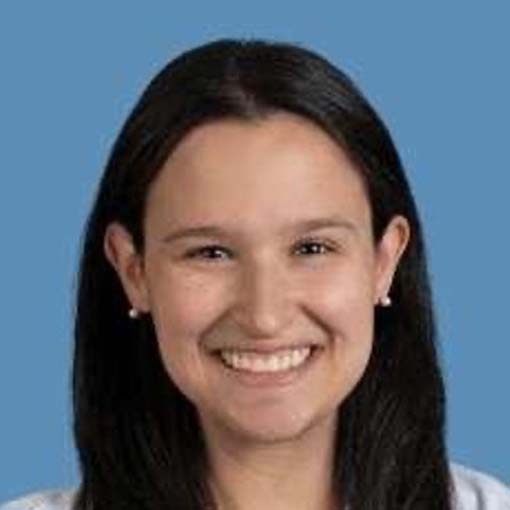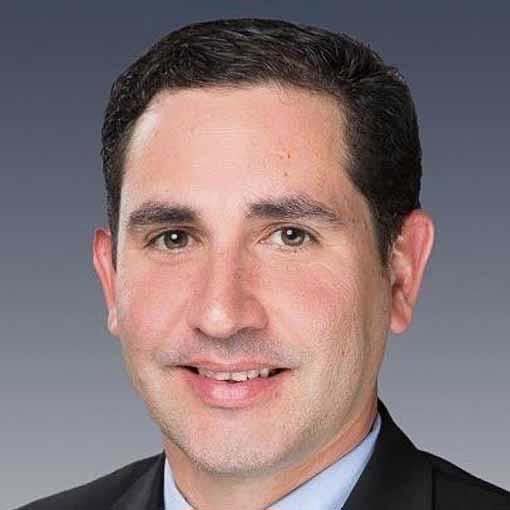New data: Optimizing breast cancer care and drug development with molecular residual disease testing
Molecular residual disease (MRD) detection through circulating tumor DNA (ctDNA) has become an increasingly impactful tool for personalized breast cancer management to predict disease recurrence and evaluate treatment efficacy weeks to months earlier than conventional approaches.
In recent years, significant growth in Signatera use has been fueled by Medicare reimbursement for stage IIB and higher breast cancer and Signatera is increasingly integrated into the physician-patient shared decision-making model for breast cancer. To-date, over 250,000 patients have been tested and the Signatera assay is utilized by over 40% of US oncologists.
Our expert speakers will review the latest data from SABCS 2024 and recent publications, providing deeper insight into:
- How Signatera is impacting physician decision-making and patient care
- The clinical need for novel therapies in higher-risk MRD+ populations
Key learnings for the design of new ctDNA-guided prospective studies in early-stage breast cancer
Findings presented will span treatment settings; highlights include:
- Learnings from prospective ctDNA-guided clinical trials: New data from ctDNA surveillance in ZEST, a randomized, phase 3, double-blind study of niraparib or placebo in patients with triple negative and HER2+ BRCA-mutated breast cancer, who are MRD+ after definitive therapy (Turner et al., SABCS 2024)
- Association of pre-treatment ctDNA-negativity with indolent disease: In a prospective pragmatic study of older patients, all patients with negative pre-treatment ctDNA, all remained ctDNA-negative on subsequent blood draws without evidence of progression (Carleton et al., SABCS 2024), providing new insights into disease biology.
- Opportunity for interventional trials studying targeted therapies: 44% of ctDNA-positive patients studied harbored targetable genomic alterations, including but not limited to PIK3CA, AKT, PTEN, ESR1, and ERBB2 (Lipsyc-Sharf et al., SABCS 2024).
- Impact of Signatera on real-world patient care and anxiety levels:
- Previously, a multi-institutional analysis of real-world testing showed ctDNA-positivity impacted the care plan of 91% patients analyzed (Lipsyc-Sharf et al., ASCO 2024)
- More recently, studies involving Patient Reported Outcomes (PROs) in early-stage breast cancer has suggested that the vast majority of patients valued the information they received and would continue ctDNA testing (George et al., SABCS 2024). Monitoring ctDNA led to minimal to no change in reported anxiety even after a positive result (George et al. and Ramesh et al., SABCS 2024).





